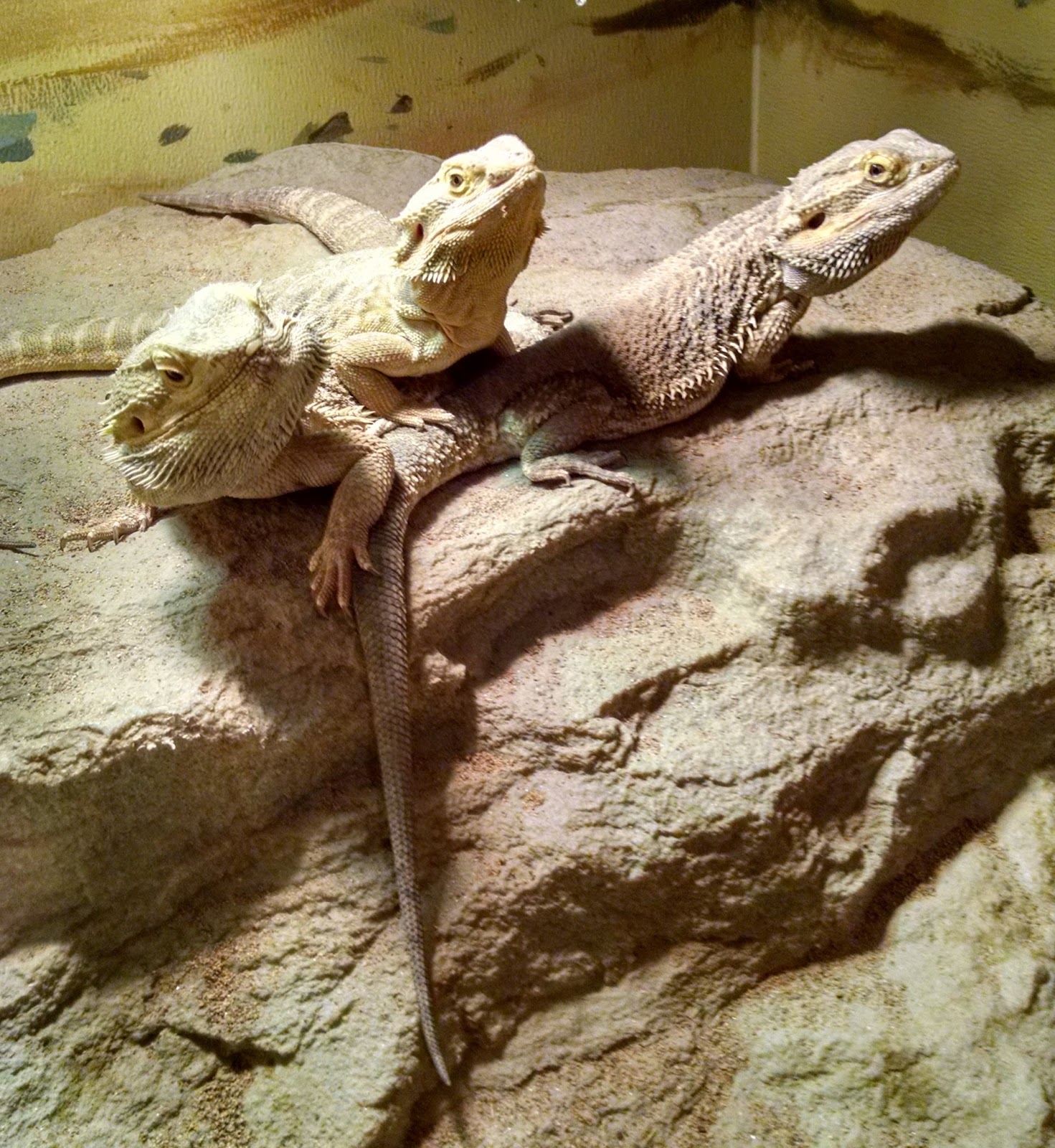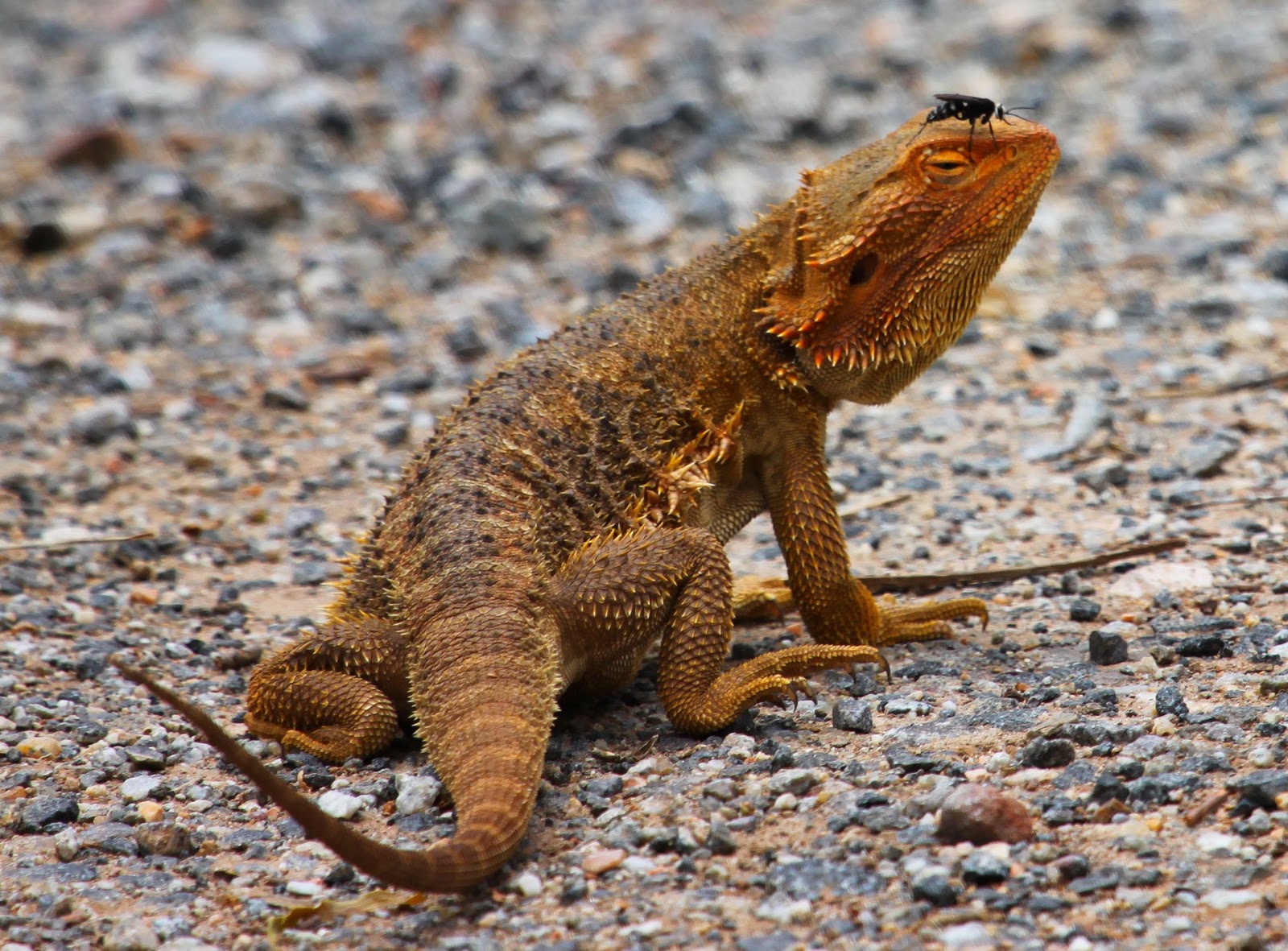Can a Bearded Dragon Overeat? Beware of These Signs!
Can a Bearded Dragon Overeat? Beware of These Signs!
Bearded dragons are a popular type of pet reptile. They are known for their friendly demeanor, unique appearance, and relatively low maintenance lifestyle. However, like any other pet, bearded dragons require proper care and attention. One question that many new bearded dragon owners ask is whether their pet can overeat. The answer is yes - bearded dragons can overeat. In this blog post, we’ll take a closer look at the signs of overeating in bearded dragons and what you can do to prevent it.
Why Can Bearded Dragons Overeat?
Before we dive into the signs of overeating, it’s important to understand why bearded dragons can overeat in the first place. Bearded dragons are opportunistic eaters, which means they will eat as much food as they can when it’s available. In the wild, this helps them survive during times when food is scarce. However, in captivity, bearded dragons don’t have to worry about food scarcity. As a result, they can easily overeat and become overweight.
Signs of Bearded Dragon Overeating
So, how do you know if your bearded dragon is overeating? Here are some common signs to look out for:
- Weight gain: If your bearded dragon is gaining weight quickly, it may be a sign that they are overeating.
- Lethargy: Overeating can make bearded dragons feel lethargic and lack energy.
- Diarrhea: Too much food can cause bearded dragons to have loose stools or diarrhea.
- Undigested food: If you notice that your bearded dragon has undigested food in their stool, it could be a sign that they are overeating.
- Less interest in food: Ironically, if your bearded dragon has been overeating regularly, they may start losing interest in food altogether.
Preventing Bearded Dragon Overeating
Fortunately, there are several steps you can take to prevent your bearded dragon from overeating:
- Limit food portions: Bearded dragons only need to be fed once a day, and the amount of food they need is based on their age, size, and activity level. Speak to your vet to find out how much your bearded dragon truly needs.
- Feed them at the same time every day: By feeding your bearded dragon at the same time every day, they’ll be less likely to beg for food between meals.
- Avoid feeding too many treats: While it’s tempting to spoil your bearded dragon with treats, too many treats can contribute to overeating and obesity.
- Don’t leave food out all day: Unlike dogs or cats, bearded dragons do not graze on food. Leaving food out for the whole day can lead to overeating. Instead, feed your bearded dragon during a specific feeding time every day.
- Monitor their weight: Regularly monitoring your bearded dragon’s weight can help you notice any sudden changes, which means you can adjust their diet accordingly.
- Offer a balanced diet: Bearded dragons need a balanced diet of fresh vegetables, fruits, and insects. Speak to your vet to make sure you are providing your bearded dragon with the right mix of nutrients.
Conclusion
While bearded dragons are generally low-maintenance pets, it’s important to understand that they can overeat. Overeating can lead to health problems and lower quality of life for your bearded dragon. By following the steps outlined in this blog post, you can ensure your bearded dragon is getting the right amount of food and avoiding overeating. If you have any doubts or concerns about your bearded dragon’s diet or weight, consult your vet immediately.









